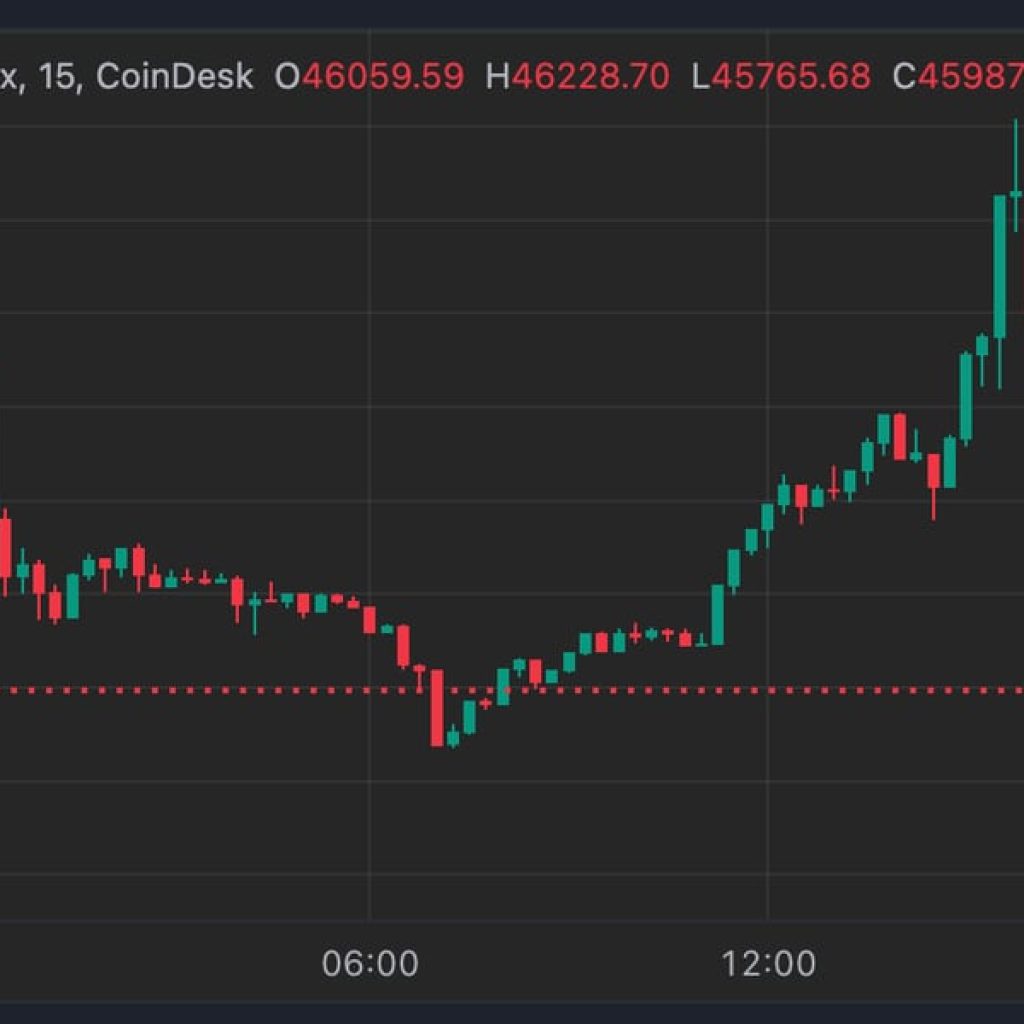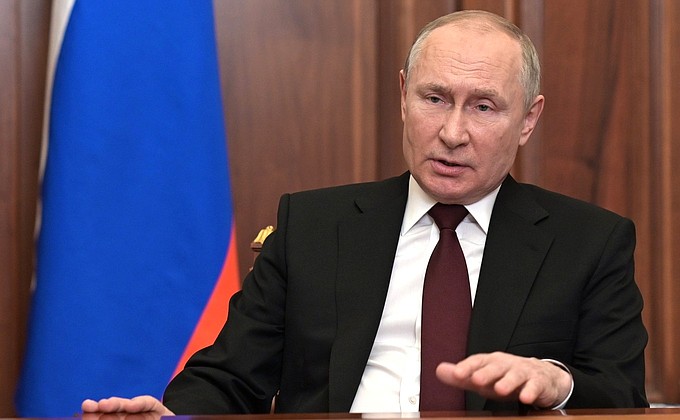Jim O’Neill, who created the BRICS acronym as an economist at Goldman Sachs, has dismissed the idea of the emerging nations within the group establishing their currency. As Brazil, Russia, India, China, and South Africa contemplate expanding the bloc, he labeled the concept of an independent currency as “absurd.”
Looking back over the eight years since he coined the term in a 2001 research note as the bank’s chief economist, O’Neill expressed his view that the BRICS coalition has yet to achieve significant milestones from their meetings. As the 15th summit of the group approaches, O’Neill’s perspective remains skeptical about the potential accomplishments of the BRICS nations.
BRICS members suggest creating their own currency
BRICS member countries like China and Russia have advocated for the bloc to challenge the dominance of the US dollar as the world’s reserve currency. However, as the host of this year’s summit, South Africa has clarified that establishing a BRICS currency is not a topic for discussion during the upcoming meeting in Johannesburg.
O’Neill expressed his skepticism about the practicality of creating a unified currency for the five nations with vastly different economies. He dismissed the notion as “absurd,” responding to proposals for a “trading currency” by Brazilian President Luiz Inácio Lula da Silva and other politicians within the group. O’Neill questioned the feasibility of setting up a BRICS’ central bank, highlighting the challenges associated with such an endeavor, and he even described the idea as somewhat embarrassing.
With numerous countries indicating their interest in either formal or informal association with the bloc, as stated by a South African diplomat, the upcoming summit could mark a significant step forward in terms of membership, reminiscent of the expansion when South Africa joined in 2010. However, the criteria for admission have yet to be established, and the enlargement issue has become another point of contention among the five member nations.
Earlier this year, Saudi Arabia was engaged in discussions to become a part of the New Development Bank, established by the BRICS members in 2014 as an alternative to the World Bank. Egypt, Bangladesh, and the United Arab Emirates later joined this initiative.
O’Neill expressed his uncertainty about the actual objectives beyond symbolic gestures and questioned the broader impact of such endeavors. He also highlighted his view that the dominance of the US dollar in the global financial system isn’t favorable for emerging economies. He critiqued the current state where various economies are subjected to the cyclical decisions of the US Federal Reserve, which primarily serves the interests of the United States. According to O’Neill, the dollar’s role needs to be better suited to the evolved dynamics of the world.
BRICS’ expanding membership
With a combined population exceeding 3 billion, the BRICS coalition is interested in boosting the utilization of local currencies for trade among its member nations. However, according to Leslie Maasdorp, the Chief Financial Officer of the New Development Bank (NDB), establishing a unified currency within the BRICS bloc remains remote.
Reflecting on prior forecasts that currencies like the yen, euro, or yuan could eventually surpass the dominance of the US dollar, O’Neill asserted that such changes would only occur if these countries actively sought to adopt their currencies for international transactions.
South Africa had to reorganize the summit’s arrangements due to the decision of Russia’s President Vladimir Putin to forgo attendance due to his indictment by the International Criminal Court (ICC). Since South Africa is an ICC member, it would be legally obligated to apprehend Putin upon his arrival in the country. Consequently, Putin will participate remotely, while his Foreign Minister Sergei Lavrov will be physically present at the event.
While China and South Africa advocate for the BRICS alliance to expand its membership to other countries in the global south, reports have suggested that India opposes this proposition. O’Neill commented on this dynamic, mentioning that the differences in opinion between China and India work to the advantage of Western nations. He elaborated that if China and India were to align their stances, the dominance of the US dollar could become more vulnerable.
O’Neill further shared his perspective with Chinese policymakers, advising them to move beyond historical conflicts and consider involving India in collaborative leadership on significant global matters. He implied that such cooperation could lead to a higher global credibility for China.





